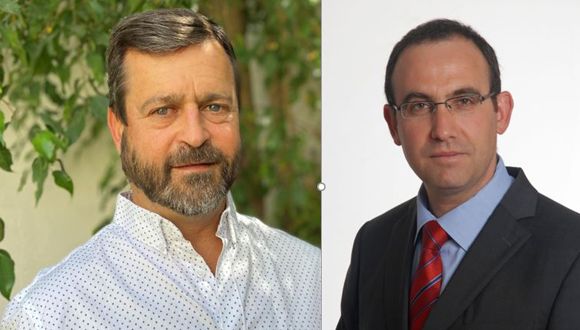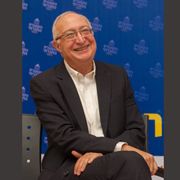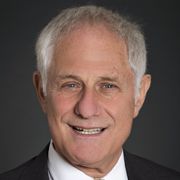Chinese Government Awards TAU Researchers its Most Prestigious Academic Prize
Prof. Marcelo Sternberg and Prof. Ehud Gazit won the Changjiang Professorship Award, a rare accomplishment for foreign researchers
The Chinese government recently announced that it has decided to award its most prestigious academic award, the Changjiang Professorship, to two researchers from Tel Aviv University’s The George S. Wise Faculty of Life Sciences: Prof. Marcelo Sternberg, Head of the Plant Ecology Laboratory, from the School of Plant Sciences and Food Security, and Prof. Ehud Gazit, Head of the BLAVATNIK CENTER for Drug Development, at The Shmunis School of Biomedicine and Cancer Research. The decision by the Chinese government to award the prize to foreign researchers is considered very unusual and testifies to the outstanding excellence of the researchers.
Prof. Marcelo Sternberg
Prof. Sternberg won the coveted award for his collaborative work with the Ningxia University and his contribution to research on climate change and desertification processes, a significant and relevant issue for the northwestern region of China where this university is situated.
Prof. Sternberg stated: "I am honored and very happy to receive the Changjiang Chair Professor Award. The area where the Ningxia University is located faces major climate-related challenges, including significant desertification issues. I sincerely hope that my expertise and knowledge in the ecology of climate change will help establish research and teaching programs that will strengthen their knowledge base, since the issue of global climate change is one of the main challenges currently facing humanity."
Prof. Ehud Gazit
Prof. Gazit won the award for his contribution to the joint research with Xidian University in the field of nanotechnology. The study dealt with the self-assembly of biological molecules and bio-inspired molecules to create orderly nanometric structures, and in particular the piezoelectric properties of these materials, i.e. their ability to generate electrical voltage in response to mechanical pressure.
The study is part of the work under the ERC grant, and its goal was to assemble the shortest peptides in the world that will have high piezoelectric properties. These properties are of great physiological importance because structures in the body, including the bones and the most common protein in mammals – collagen, are piezoelectric and the biological activity of this physical property is not yet fully understood.
Prof. Gazit stated: "I am delighted with the opportunity to promote my fruitful cooperation with scientists in China. I have visited China many times. Post-doctoral students from China have studied in my laboratory and some are already faculty members at leading universities in China. This is a classic win-win situation. There is no doubt that combining China's technological and industrial power with our unique academic knowledge and approach allows us to greatly advance research and develop important scientific discoveries."






